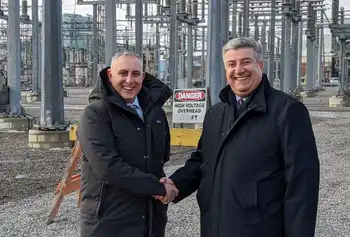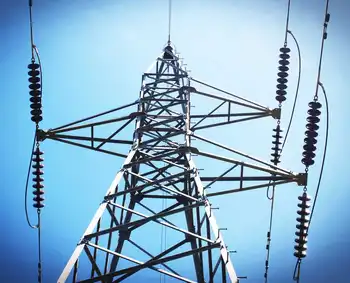Austin Energy Leverages World Energy Exchange to Procure Three-Year On-Call Electricity Supply
By PR Newswire
High Voltage Maintenance Training Online
Our customized live online or in‑person group training can be delivered to your staff at your location.

- Live Online
- 12 hours Instructor-led
- Group Training Available
Historically, Austin Energy has used a paper-based request-for-proposal process to purchase electricity supply, which often required several months to complete. The time delay in this process has a negative effect in achieving a lower price because suppliers build in "risk premiums" for potential changes in market conditions that can and do occur between the time a price offer for an energy commodity is made and subsequently contracted.
One of the utility's objectives in leveraging the World Energy Exchange was to streamline the bid to award process. Because the time between an auction's close and contract award is measured in minutes as opposed to days, World Energy believes the need for supplier risk premiums is reduced, thus resulting in lower prices.
Another factor in Austin Energy's decision to use the Exchange to purchase power was the unbiased and transparent audit trail provided by the online technology, which World Energy believes both increases the number of competing suppliers and ensures fair and open competition.
Austin Energy has now used the World Energy Exchange for two online energy auctions. In September of 2006, the utility conducted a series of eight auctions on the Exchange for up to 150 MW of 5x16 replacement supply for May through September weekdays in 2008-2010. In the latest round of auctions held in November, Austin Energy used the Exchange to run four bidding scenarios to determine which scenario would result in the lowest price. At auction close, the three-year contract period scenario generated the lowest price.
Phil Adams, World Energy COO, said, "Over the past few years, we have been watching the procurement trends at the wholesale level. Austin Energy is among a growing number of utilities that are leveraging auctions to buy supply. We see serving utilities and municipalities as a logical extension of our award-winning and commercially proven retail energy exchange. To serve our initial utility clients, we have optimized our World Energy Exchange for wholesale transactions - enabling both buying and selling of energy, creating a version clients can self-administer, and adding a whole cadre of new suppliers - both physical and financial.
"With our second wholesale auction success at Austin Energy, we are poised to roll out this solution to other utilities and municipalities interested in securing the better pricing in the market in a way that meets PUC and Sarbanes-Oxley compliance requirements."











